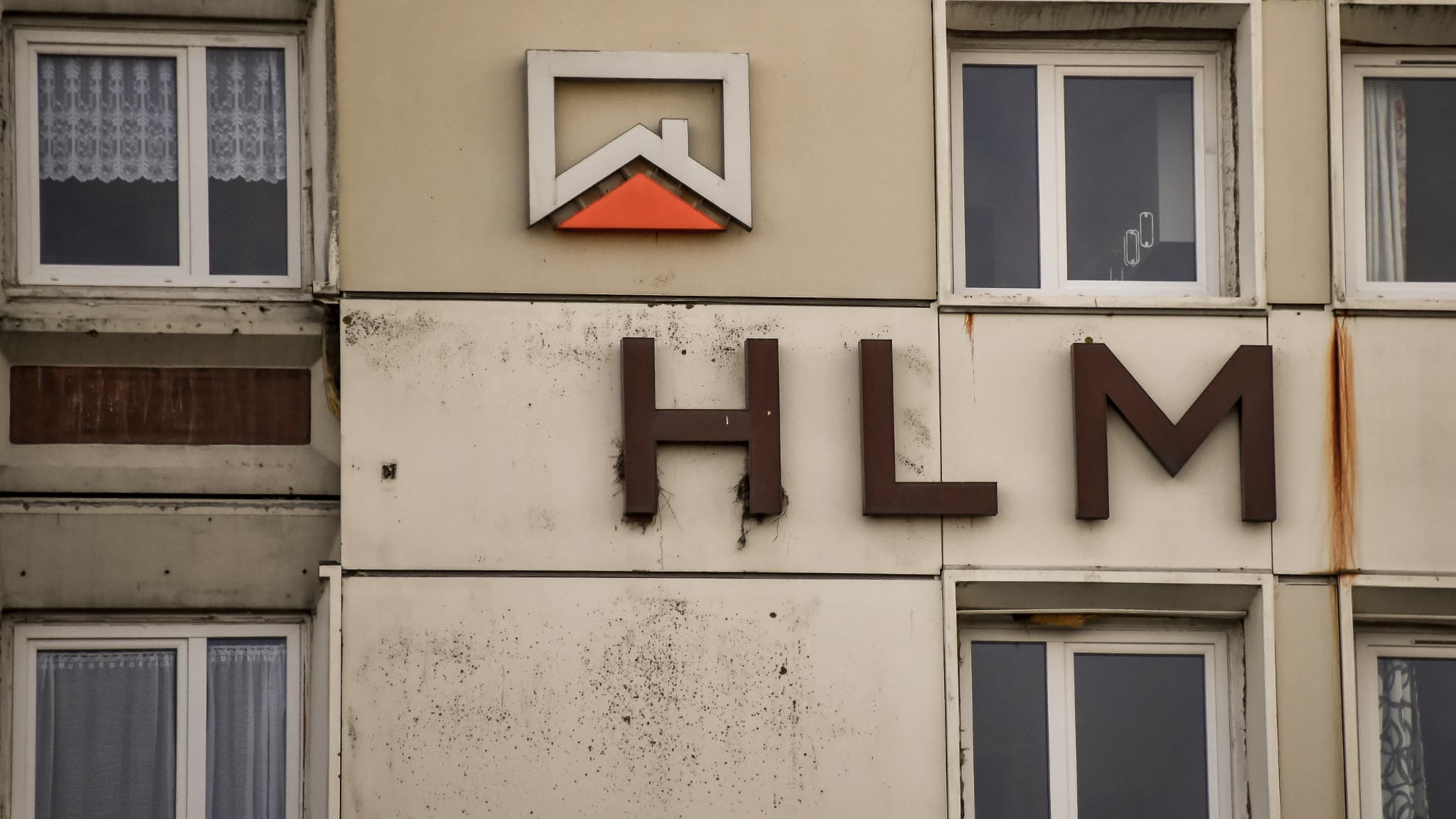In a study, the Abbé Pierre Foundation estimated that compliance with social housing quotas mainly depended on the political will of mayors. The difficulties cited by certain mayors would therefore not be a sufficient reason.
Respect for social housing quotas imposed by the Solidarity and Urban Renewal (SRU) law on certain municipalities depends first of all on the political will of mayors, according to a study unveiled by the Abbé Pierre Foundation (FAP). The Foundation carried out a comparative survey in 12 municipalities with a deficit in HLM. Objective: to assess whether the difficulties cited by elected officials are real or whether they mask an absence of political will.
Three profiles emerge: municipalities engaged in catching up, those which partially meet their objectives but whose elected officials have an ambiguous speech and those which have given up or are opposed to the law. Among the obstacles often cited are the difficulty of accessing land, geographical or environmental constraints and protests from residents. Biarritz (Pyrénées-Atlantiques), long hostile to the law, is part of the second profile and subsidizes each HLM housing unit to the tune of 90,000 euros.
But according to the FAP, “granting subsidies is only a way of reducing the amount of the SRU penalty of four million euros” which the municipality must pay. Bidart (Pyrénées-Atlantiques) has practically achieved its quantitative catch-up objectives, but misses its qualitative objectives with little “very social” housing. A failure explainable “by a political choice to limit the arrival of the most precarious social groups”.
“Construction inertia”
The “outlaw” mayors are characterized by “inertia in matters of construction” combined with an “assumed position of refusal of the application of the law”, notes the Foundation. In Toulon, where people take refuge “behind land constraints linked (…) to military zones”, social housing thus remains “widely perceived as the disruptor of a sacred social balance, to be preserved at all costs, to the detriment of the most vulnerable populations.
The “Housing” bill, which will be discussed in mid-June in the Senate, is accused by its detractors of wanting to unravel the SRU law by authorizing deficit municipalities to introduce a share of intermediate housing, with resource ceilings and rents higher than in social housing, in production aimed at catching up.
Adopted in 2000, the SRU law establishes quotas of 20% or 25% of social housing in municipalities with more than 3,500 inhabitants located in an urban area of more than 50,000 inhabitants. According to the latest three-year report 2020-2022 cited by the FAP, 659 of the 1,031 municipalities concerned have not achieved their objectives, or 64% of the total.

